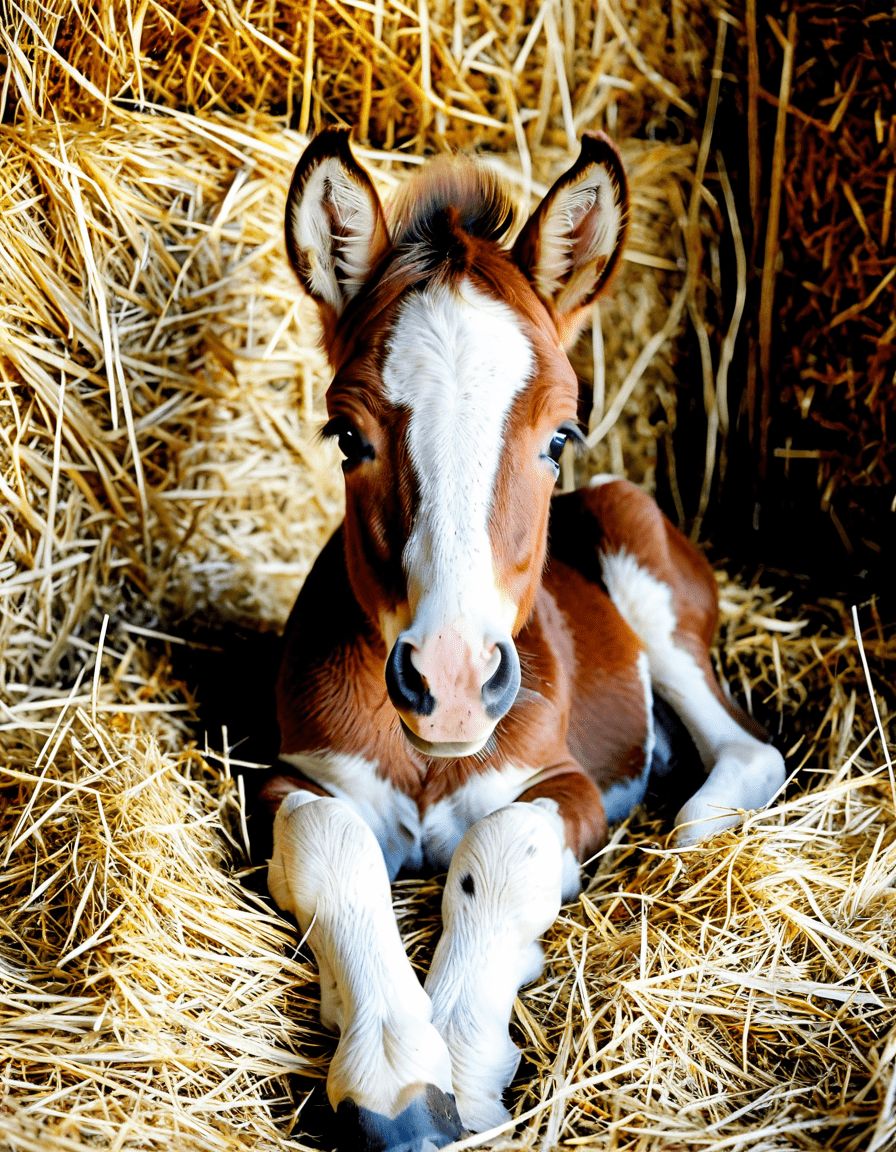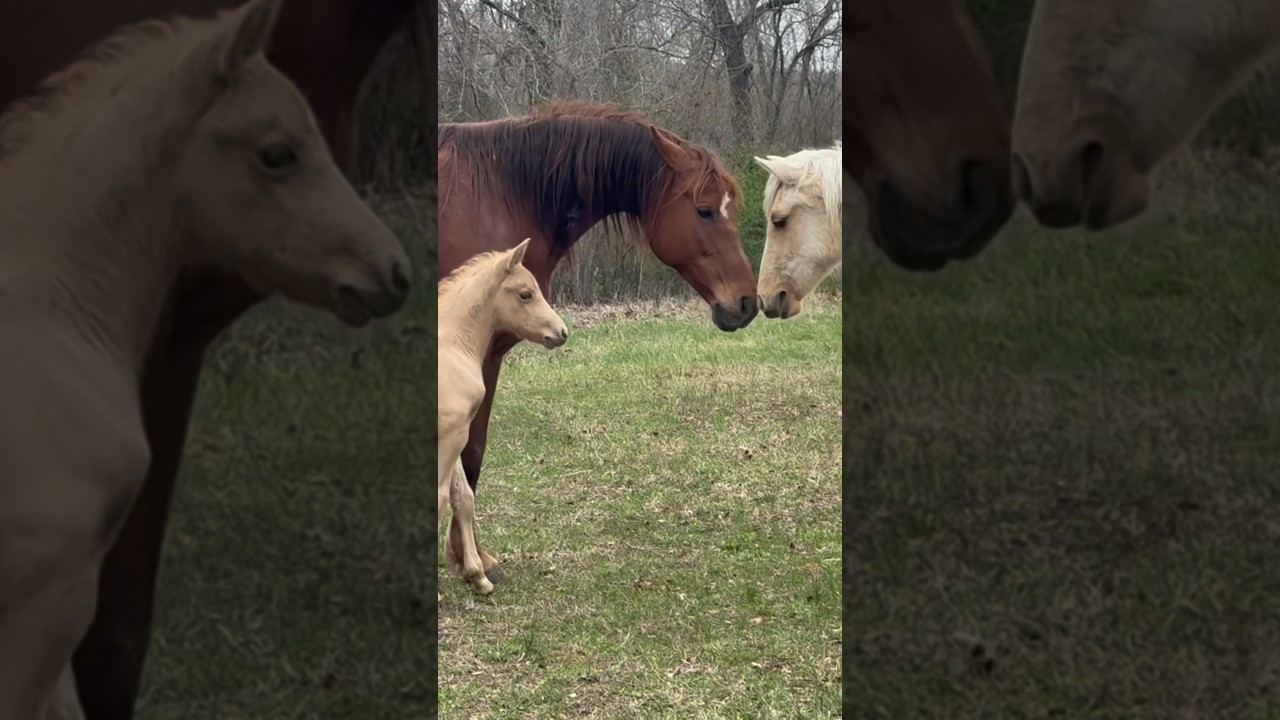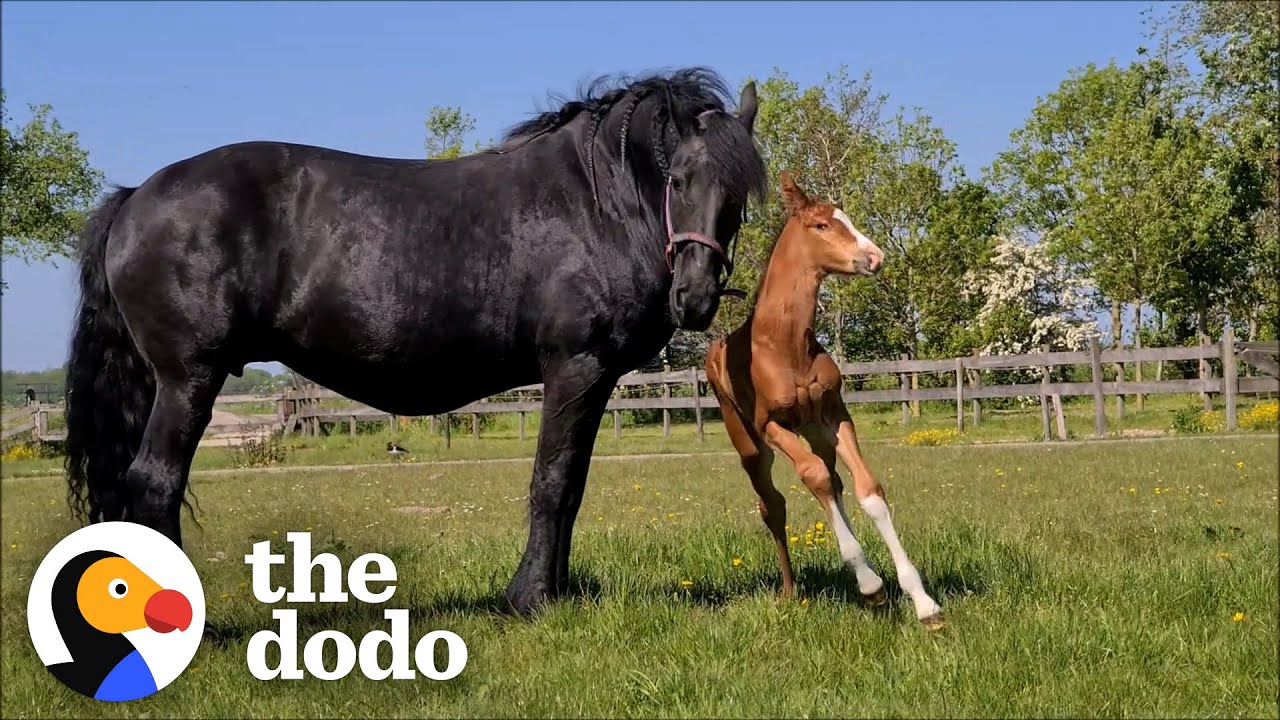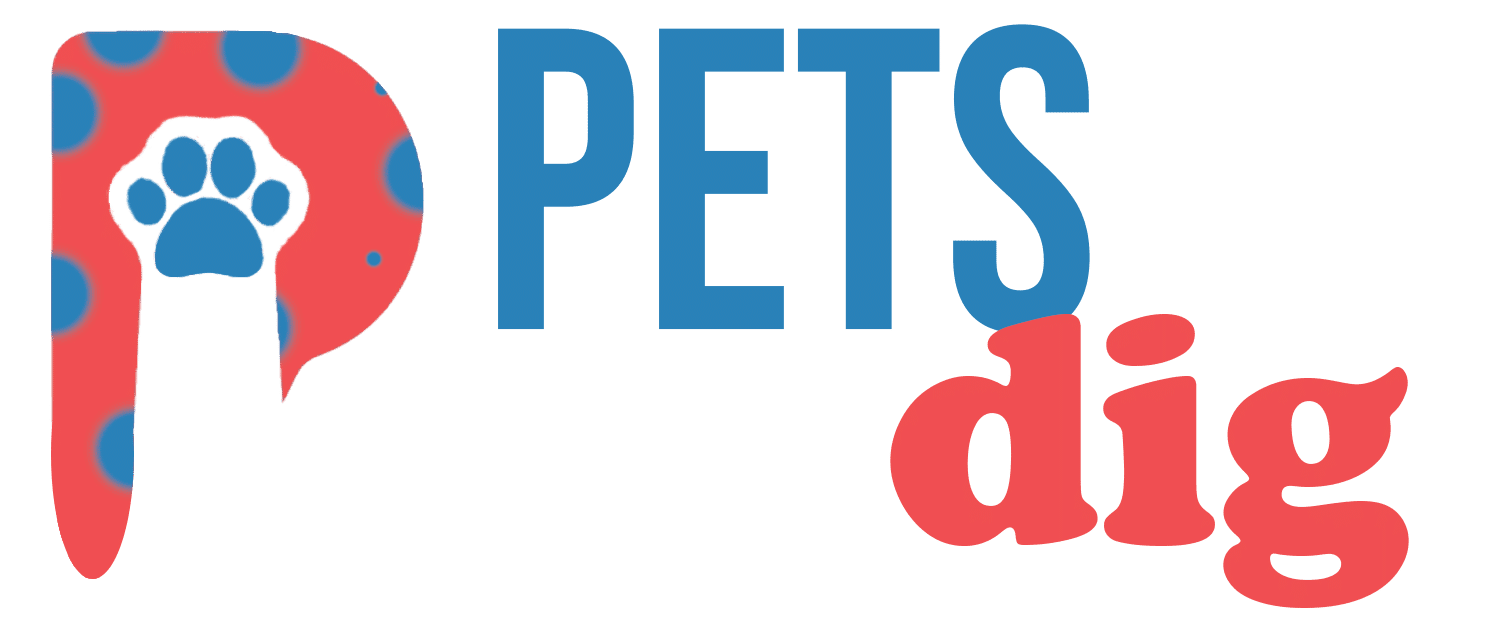Foals, the young offspring of horses, are astonishing creatures full of life and energy. Every horse lover knows that these foal animals are vital to the equine community, showcasing the beauty and wonder of the horse family. Understanding foals not only enriches our appreciation but also nurtures our connection to these majestic beings. Throughout this article, we’ll dive into captivating facts that every horse lover should know about foal animals—each aspect highlighting their growth, behavior, and the responsibilities of ownership.
The Fascinating World of Foal Animals
Foals aren’t just adorable little munchkins; they hold a crucial place in the horse ecosystem. From the moment they’re born, these spirited versions of their mothers (often called dams) exhibit unique traits and behaviors that make them stand out. As their owners, we have the responsibility to ensure they thrive in a friendly and healthy environment. By recognizing their developmental milestones and care needs, we can provide them with the best start possible in their lives.
To truly understand foals, one must appreciate their biology and social nature. Their development unfolds rapidly, introducing an exciting experience for both the foals themselves and the humans who care for them. Let’s break down some of the most amazing facts about foal animals that every enthusiast should know.
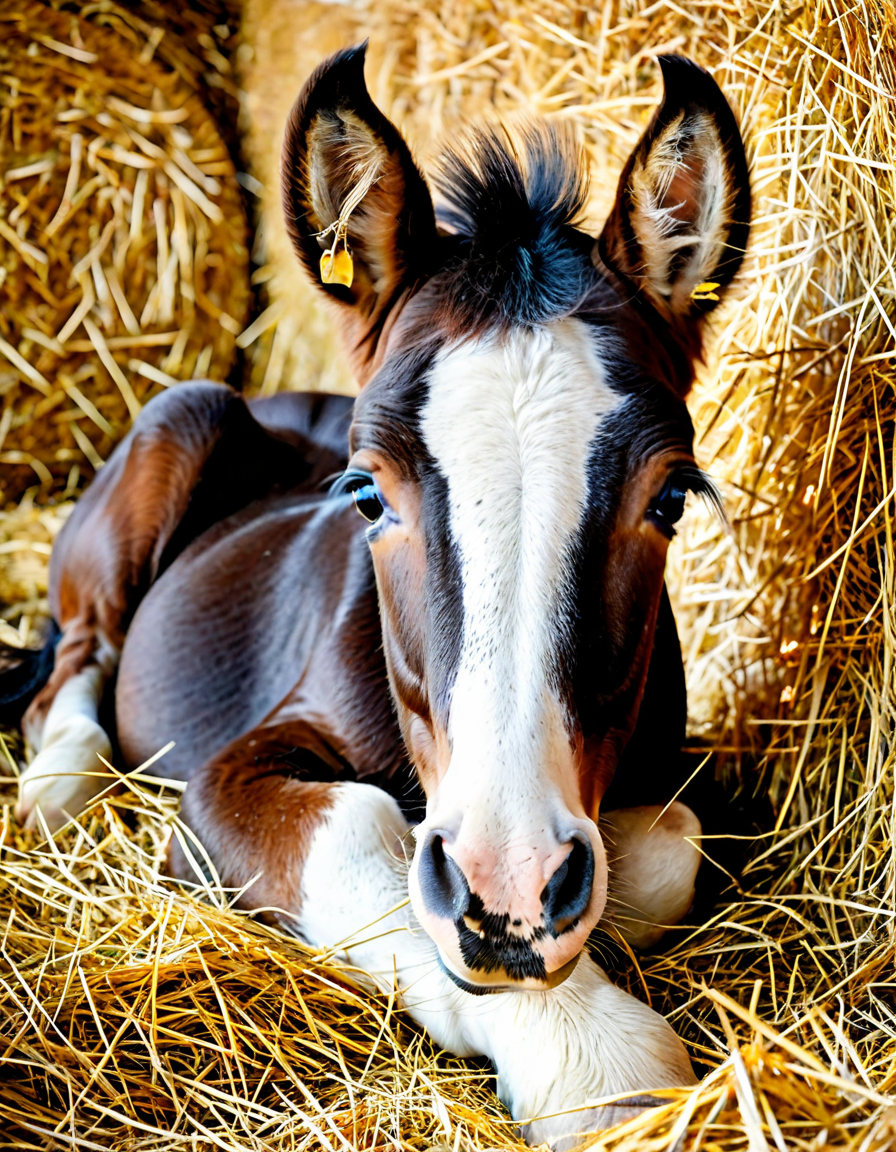
Top 7 Amazing Facts About Foal Animals
1. Foals Are Born with Unique Attributes
Did you know that foals are precocial? This means they are relatively mature right from the get-go. A typical foal weighs anywhere between 100 to 150 pounds at birth. Remarkably, they can stand and walk within just a few hours! Their coats usually mirror their mother’s but tend to evolve as they mature, showcasing the rich genetic diversity that exists within horse breeds. So, every time a new foal is born, you’re likely to witness a beautiful tapestry of colors and patterns.
2. The Critical Gestation Period in Horses
Understanding the gestation in a horse is essential for anyone considering breeding. The typical gestation period lasts around 11 months, which translates to about 330 to 340 days. This timeline can vary somewhat based on the horse’s breed. For instance, smaller breeds like Miniature Horses typically see shorter gestation, around 320 days, while giant breeds such as Shire Horses may experience extended gestation periods of even longer durations. Knowing these timelines helps horse owners prepare adequately for the arrival of the foal animal.
3. Foal Growth and Development Stages
Once they hit the ground, foals grow rapidly. In fact, they can double their weight by the time they are just four months old! Initially, these young animals rely solely on their mother’s milk for nourishment, but as they approach the four-month mark, they begin to graze on grass and munch on hay. Owners must closely monitor their diet during this transformation; deficiencies can cause significant growth issues. Proper nutrition goes beyond basic feeding—balanced vitamins and minerals are crucial for foal health.
4. Social Behaviors and Learning
Foals are incredibly social animals. They lean on their mothers and peers for learning essential survival skills. Social interactions come into play through playful behavior and establishing their place within a herd. Observing foals interacting in a natural setting offers insightful perspectives on how they build relationships and learn important life skills. It’s a wonderful reminder of how each foal animal faces the joys and challenges of growing up.
5. The Role of Environment in Development
The environment in which a foal is welcomed into the world has a huge impact on its early life. Stressful conditions can complicate birth and affect the foal’s initial development. Horse owners should create a calm, safe setting that fosters health and growth. This includes regular veterinary care to catch any potential problems before they escalate. After all, momma horses and their foal animals deserve the absolute best during those crucial early days.
6. Foal Ownership Responsibilities
Becoming a foal owner involves a lot of responsibilities. It’s not just about providing food and shelter. This means regular veterinary check-ups, ensuring they receive appropriate vaccinations, and facilitating social opportunities with other horses. A fantastic resource to support foal health is Dechra Veterinary Products, which offers a variety of equine supplements designed to fortify these young animals during crucial growth periods. Being aware of these responsibilities goes a long way in fostering a healthy relationship between the owner and the foal.
7. Unique Insights into Breeding Success
Successful breeding programs provide valuable lessons for anyone interested in breeding horses. Programs, like those seen at noteworthy establishments such as Triple Crown Farms, demonstrate how understanding the gestation period of cattle—and marrying that knowledge with your horse breeding practices—can enhance breeding success rates. Examining patterns and practices across species adds layers of insight to the art of breeding valuable foal animals.
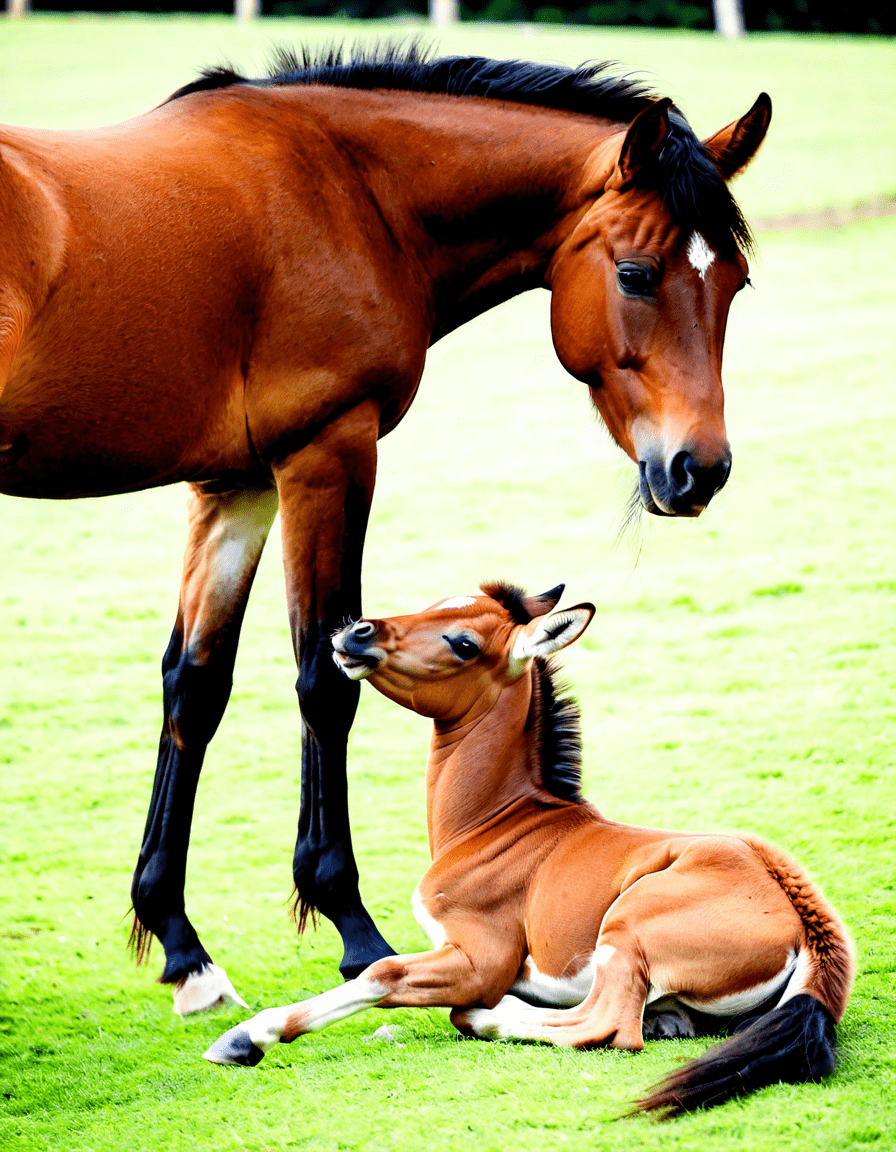
Understanding the Journey Ahead
The journey from foal to a fully-grown horse is an incredible adventure full of biological, emotional, and social elements. These young animals embody resilience and exuberance, reminding us of the magical world intertwined with horses. For horse lovers, immersing in the study of foal animals can nurture a deeper bond with these magnificent companions.
Embracing the life cycle of a foal enriches our understanding and appreciation for the complexities associated with horse ownership. It’s vital to promote responsible practices within the equine community to ensure that these delightful foal animals grow up to become the majestic horses we adore. Every moment spent learning about their needs and behaviors adds to the joy of sharing our lives with these enchanted creatures.
Understanding their journey also prepares us for the responsibilities that come with caring for them. From their playful beginnings to becoming the strong horses they are destined to be, foals remind us why we fell in love with horses in the first place. Dive deeper into this fascinating world, and celebrate every foal animal as they embark on their journey through life, connecting us even more deeply with the equine family.
Foal Animal Facts That Will Captivate Any Horse Lover
The Magic of Foals
Did you know that foals hit the ground running? Literally! A foal can stand and even walk within mere hours of its birth. This fascinating ability not only sets them apart but also helps them stay close to their mothers in the wild. Speaking of wild encounters, horses have a remarkable ability to recognize each other and form strong bonds. They tend to create complex social structures among their herd, much like how foxes establish their territories. It’s intriguing to think about how these gentle giants interact in various settings, almost like the cat Vs snake dynamics we see in nature.
Foals also exhibit a unique playfulness that’s hard to resist. Watching them frolic around is one of the purest joys a horse lover can experience. They kick up their heels, train their bodies, and showcase their developing strength by practicing their runs. This playful behavior is essential for their physical development and socialization. Just like how the Perseid meteor shower 2023 creates spectacular displays in the night sky, these lively antics highlight the wonderment of young foals.
Fascinating Facts About Foals
As foals grow, they’re not just growing fast but also transforming in many ways! Did you know that they are born with blue eyes that often turn brown as they mature? It’s a curious change reflecting their transition to adulthood. This growth is gradual, mirroring the importance of patience in all living beings. Just like a comparison between individual lifestyles, such as open Farms raw mix Versus food bowl, every foal has its unique journey shaped by genetics and environment.
Moreover, foals stay with their mothers for at least several months, getting the best care and support. The bond they share is essential for the foal’s emotional wellbeing, much like how humans nurture their young. The relationships formed are quite similar to familial connections we see in other species as well, bringing to mind intriguing comparisons, even some Iñaki Godoy Movies And TV Shows that depict strong family ties.
In the end, foal animals are more than just baby horses; they are a symbol of vitality and the deep connection between horses and their environments. Whether galloping through fields or simply enjoying sunny days, they remind us of the simple joys in life, transporting us momentarily through their charming world. So, next time you watch a playful foal, think of the wondrous facts and stories shaping their existence!
